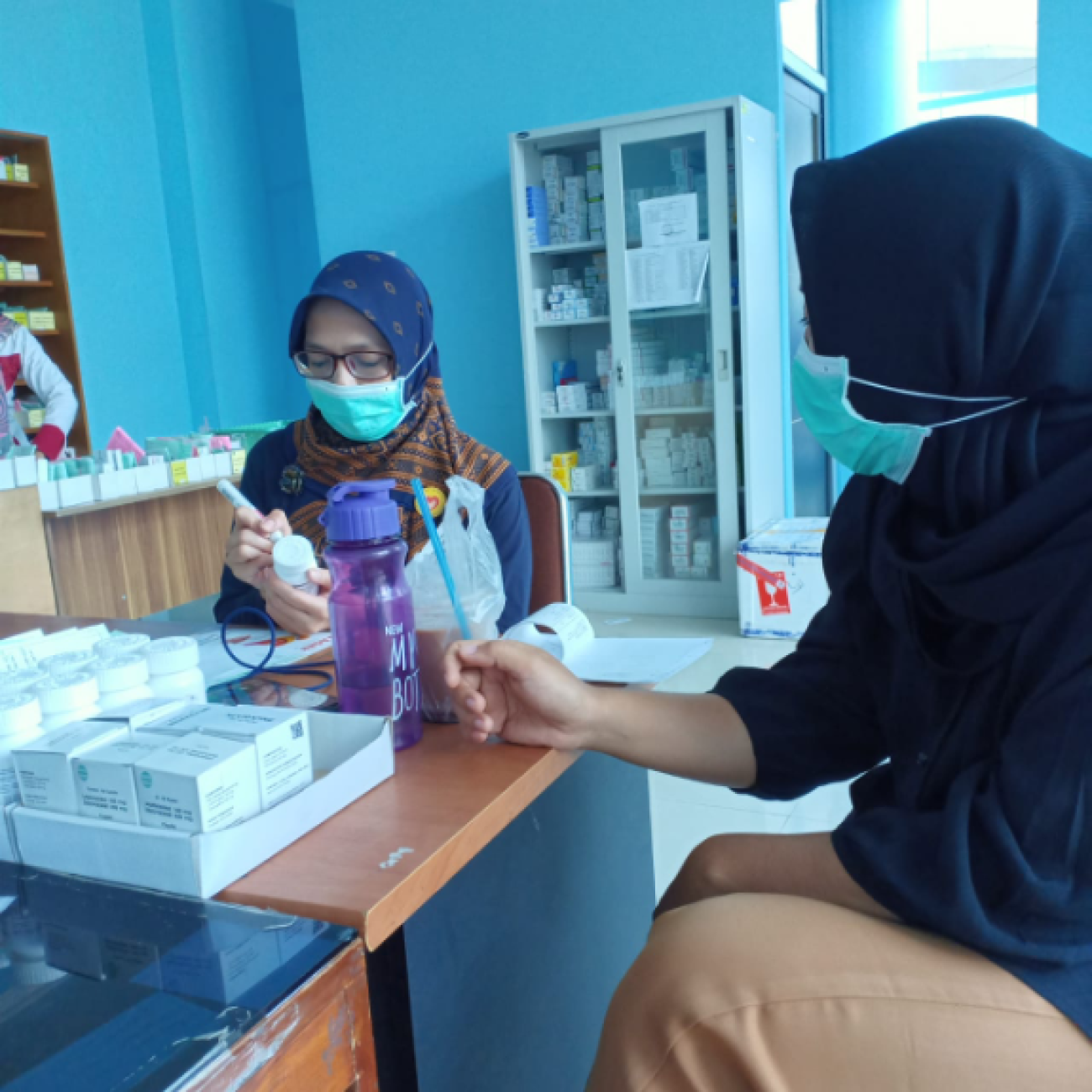The pandemic has also massively impacted the livelihoods of people living with HIV.
This health crisis is hitting the most vulnerable groups, like people living with HIV, the hardest. UNAIDS Indonesia supported Jaringan Indonesia Positif (JIP), the network of People Living with HIV (PLHIV), in conducting nationwide surveys in March and August 2020 to assess the needs and impact of COVID-19 towards PLHIV.
The latest survey conducted in August 2020 of 1,035 people living with HIV across 196 regencies and cities in Indonesia found that 52% had only enough antiretroviral (ARV) drugs to last for one month, which is less from the WHO recommended stock of 3-6 months. People living with HIV need to consume ARV drugs daily to maintain their health and prevent transmitting HIV to others, and accessing ARV drugs is accessed through health facilities, such as hospitals. However, during the coronavirus pandemic, accessing medication to health facilities has been more challenging than ever. 855 respondents said that “accessing ARV drugs safely” has become their utmost concern in receiving essential care during the pandemic. With 61% of HIV referral hospitals also being COVID-19 referral hospitals, the survey found that 46% of respondents were reluctant to visit health facilities for HIV due to fear of COVID-19 exposure.
The pandemic has also massively impacted the livelihoods of people living with HIV. Survey respondents who have lost their incomes increased from 27.5% in March to 44% in August. Those that were unable to meet the needs of their families also grew from 24% to 46% in four months.
As outlined in the UN Sustainable Development Goals, Indonesia aims to end the global HIV/AIDS epidemic by 2030. This includes zero infections, zero deaths and zero discrimination. These survey findings, which show the pressing needs and anxieties faced by people living with HIV, are used to advocate for the fulfilment of their rights to health. UNAIDS continues to support the efforts of its national partners, both civil society organisations and the Ministry of Health, to ensure that the HIV response remains a priority and these vulnerable groups are not left behind.


